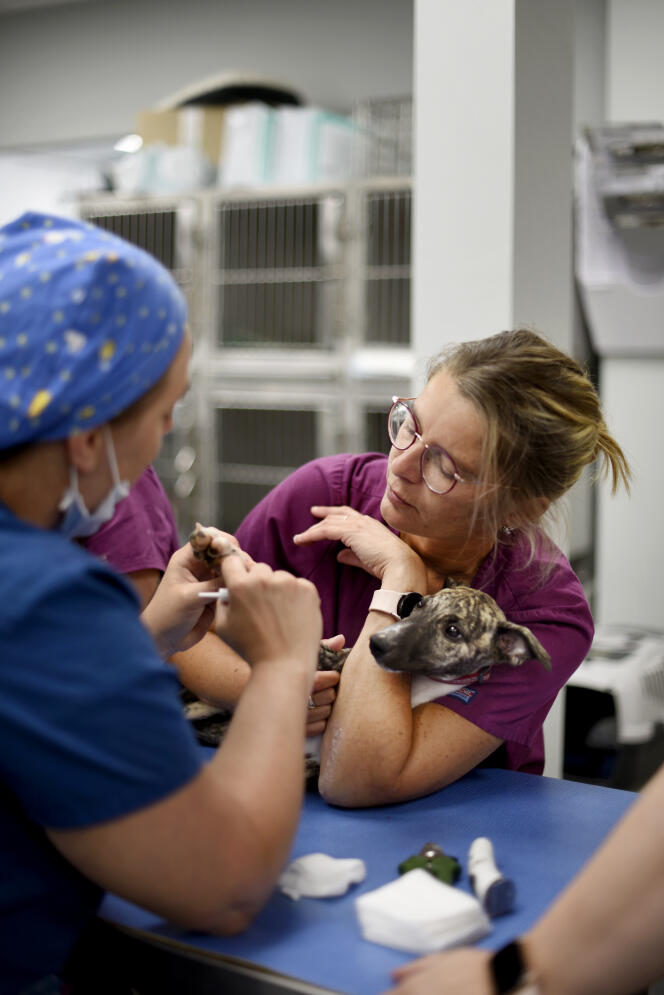Veterinary Care, Booming Market: ‘Emergency Room Golden Retriever Care Will Soon Be Better Than Elderly Care’


CT scan, ultrasound, endoscopy, radiology, MRI. Treatment of severe and difficult cancer. Cardiac or orthopedic surgery. The emergency service works 24 hours a day. Totally free prices. Owners are willing to pay high prices for their dogs and cats. So a veterinary practice that is now worth its weight in gold in the booming animal health market…
In the last three years, the pet care sector in France has undergone a rapid transformation, driven by more technical and expensive acts and the emergence of multinationals or investment funds attracted by the profitability of the sector.
The figure sums up the upheaval of the veterinary world, which has historically been built around the figure of the liberal practitioner, set alone or with two or three colleagues. In 2017, only 2% of veterinarians specializing in companion animals were employees of groups with multiple clinics, directly or indirectly.
The proportion was 7% in 2020, it jumped to 24% at the end of 2022, driven by the acquisition binge of the ten most powerful groups in France, namely IVC Evidensia, AniCura, Mon Véto or Sevetys. “According to our estimation, their proportion should be around 50% by 2025”says Lucile Frayssinet, a consultant at Phylum, a consulting firm specializing in agriculture.
Two factors combined to shake the market. First, an end to the liberal model where vets work seventy to seventy hours a week. “Employment relations have evolved in our sector, as elsewhere. Work-life balance is more carefully considered than before”notes Jacques Guerin, president of the National Board of Veterinary Colleges.
“Young doctors today, who are mostly women, do not want to become business leaders, spend their own money, put in seventy hours a week and take on medical, administrative and managerial responsibilities. Salaried employment has become a strong demand »Emeric Lemarinier, head of Argos (100 clinics in France) and lobbyist for veterinary groups, notes.
Animals “more and more humanized”
Second, the appetite of large international companies that saw companion animal health as a thriving and profitable sector. Initially, in the United States, Great Britain, Northern Europe. Then in France. AniCura, owned by Mars, a food and feed supplier, has grown strongly since the 2000s.
Source: Le Monde
Leave a Reply